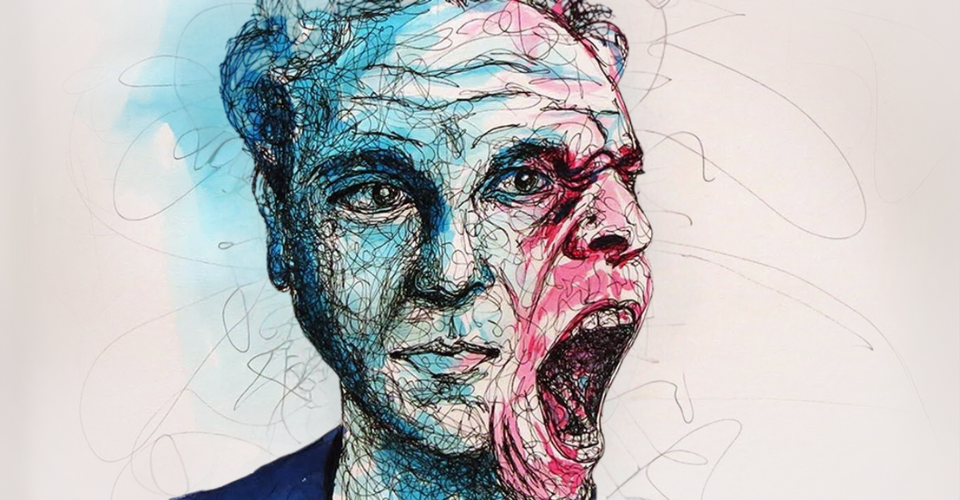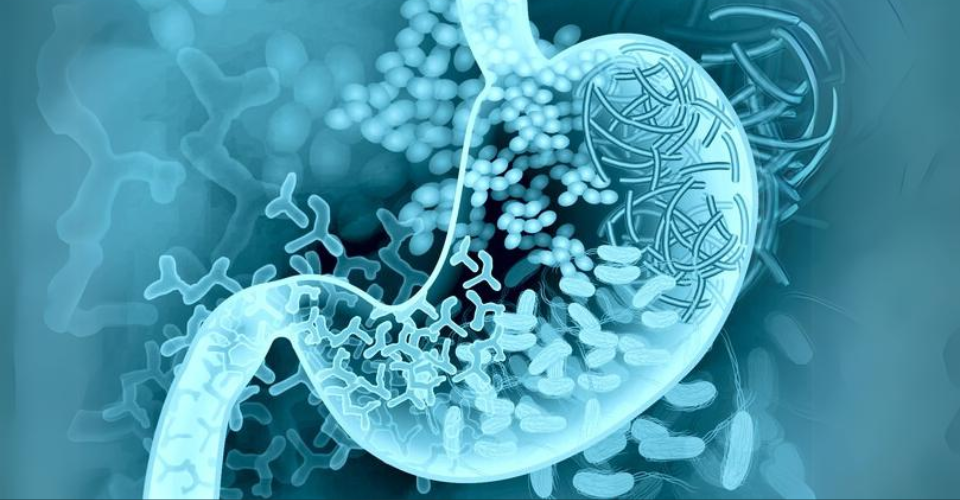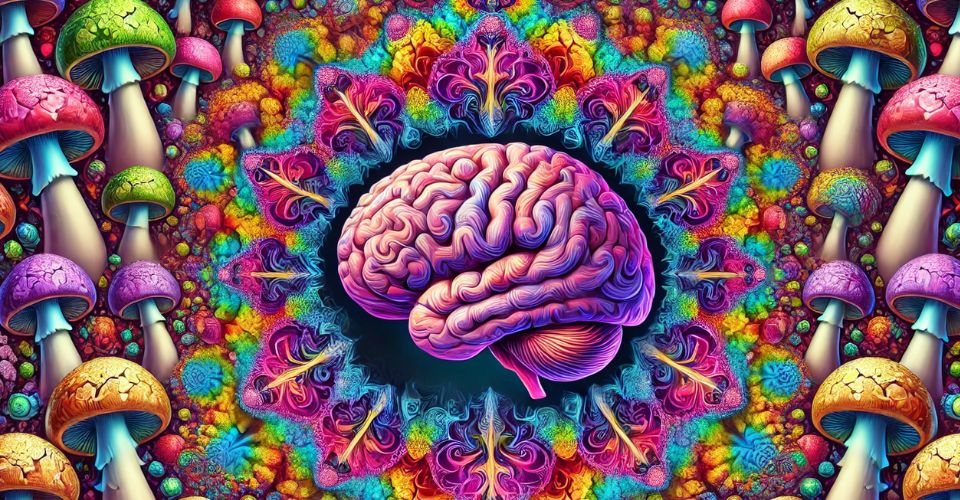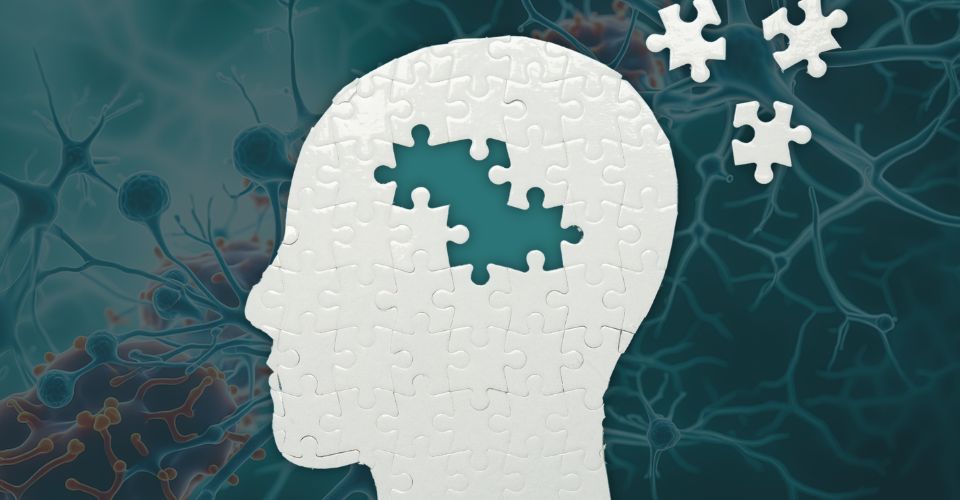- Anxiety and nervousness are two psychological phenomena that often coexist and may be challenging to differentiate.
- Understanding when someone is anxious vs nervous can help to develop effective strategies for managing these disorders.
What Does It Feel Like To Have Anxiety?
Anxiety is a complex emotional state characterized by persistent worry, fear, and apprehension. It manifests as a range of physical, emotional, and cognitive symptoms that can significantly impact an individual’s daily functioning.
People with anxiety often experience excessive and irrational thoughts, accompanied by physical sensations such as a racing heart, shortness of breath, and restlessness. The constant feeling of impending doom or danger can lead to difficulty concentrating, sleeping disturbances, and an overall sense of unease.
What Nervousness Feels Like
Nervousness, on the other hand, is a milder form of anxiety characterized by temporary restlessness, tension, or uneasiness. Unlike anxiety, which tends to be more chronic in nature, nervousness often arises in response to specific situations or events.
It is commonly associated with heightened self-consciousness, increased heart rate, sweating, and a general sense of discomfort. Nervousness is typically short-lived and dissipates once the triggering factor has passed.
Anxious vs Nervous
While anxiety and nervousness share some symptoms and sensations, they differ in intensity, duration, and triggers. Anxiety tends to be more pervasive and persistent and can be triggered by a wide range of stimuli or situations.
It often causes significant distress and interferes with an individual’s daily life, making it more debilitating than momentary nervousness. Nervousness, on the other hand, is usually more time-limited and triggered by specific events such as public speaking, job interviews, or important exams.
Addressing Both Anxiety And Nervousness
Recognizing the difference between anxiety and nervousness is crucial for developing effective strategies to address these disorders. Here are some approaches that can help individuals cope with both conditions:
- Identify triggers to anticipate and prepare for anxiety or nervousness.
- Practice relaxation techniques like deep breathing and meditation to reduce symptoms.
- Engage in cognitive-behavioral therapy (CBT) to challenge irrational thoughts and develop healthier coping strategies.
- Make lifestyle modifications such as exercise, a balanced diet, adequate sleep, and reduced caffeine/alcohol intake for improved well-being.
- Seek professional help for accurate diagnosis and personalized treatment plans (including therapy and medication) if necessary.
Anxiety and nervousness are common emotional experiences that can affect individuals’ lives to varying degrees. Understanding the differences between the two can help individuals develop effective strategies for managing and addressing these disorders.
By implementing relaxation techniques, cognitive-behavioral therapy, lifestyle modifications, and seeking professional help, individuals can effectively manage and alleviate the symptoms of anxiety and nervousness, improving their overall well-being and quality of life.
Know More About –
Related Articles –
- 5 Signs Your Anxiety Hijacked Your Intuition (And How To Get It Back)
- 8 Tips To Help Fight Anxiety At Night
- 10 Hidden Anxiety Triggers You Need To Avoid




























